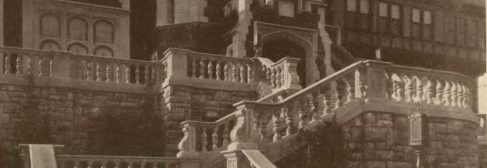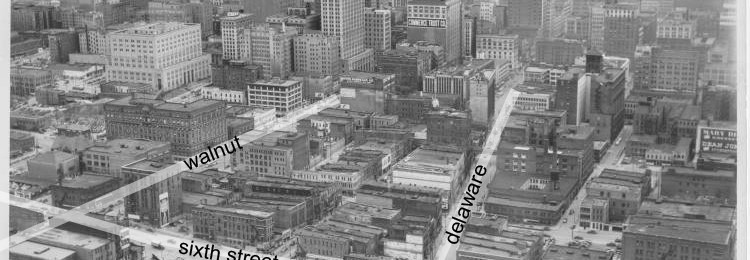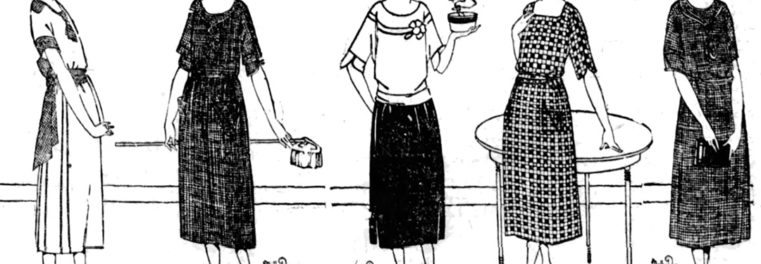Lafayette Tillman
Lafayette Alonzo Tillman, One of KCMO’s first black police officers, Kansas City School of Law, Wheatley-Provident Hospital, Desegregating Police Force

Born in Indiana in 1858, Lafayette Alonzo Tillman became one of the most important black leaders in Kansas City during the turn of the 20th century.
Tillman was something of a Renaissance Man and moved through many different careers in just as many places all throughout his life. After graduating from Oberlin College in Ohio, Tillman spent the next several years working as a professional singer, even once performing at the White House. He would spend time as a barber and at one point had his own six-chair barbershop in Kansas City at 12th and Grand. In 1881 he opened a restaurant. Eight years later, Tillman began to study at the Kansas City School of Law (then located downtown at 913 Baltimore Ave.), though never taking a degree. He also began getting his feet wet in advocating for the city’s black community.
For four years Tillman served in the Spanish-American war, eventually earning the rank of first lieutenant. After returning home, Tillman’s years of service were enough to earn the respect of the city’s white community and, with that, he was able to secure a position as one of Kansas City’s first black police officers. Only the second black man ever to be hired on the city’s police force, his appointment was most unusual. He was allowed to arrest white law-breakers (this was not typical in most cities at the time when whites patrolled whites and blacks patrolled blacks exclusively). In a city with over 10,000 blacks, nearly all of whom lived well below the poverty line and had only the most menial of jobs, Tillman’s presence as one of the most outgoing members of the police department sent shockwaves throughout the community.

By the time of his death in 1914 from an intestinal disease, Tillman was among the oldest members of the Kansas City Police Department. His influence on a largely segregated police force and in an entirely segregated city would be felt for generations. His son, L.M. Tillman, would go on to break down racial barriers as well, becoming a medical doctor and helping to run the Wheatley-Provident Hospital—the first in the city built to specifically treat black patients. Tillman was buried with full military honors at Highland Cemetery, located on the west side of Blue Ridge between 19th and 21st Streets.










